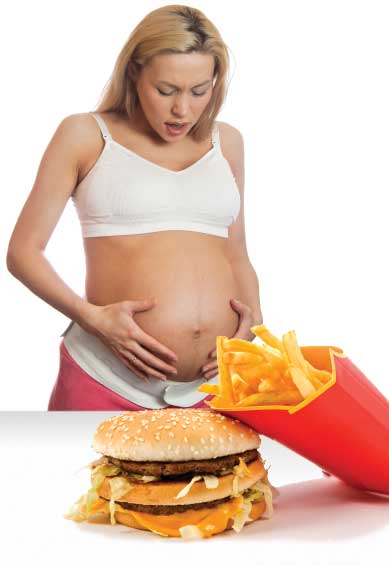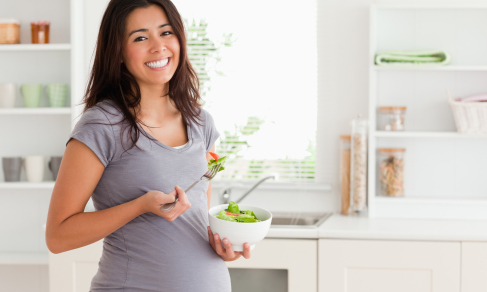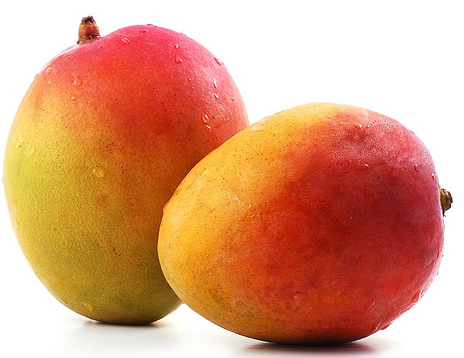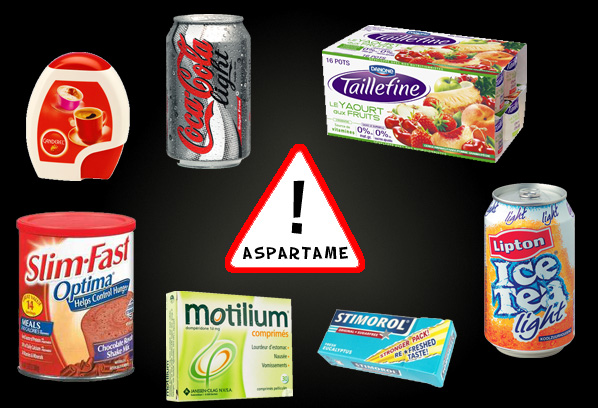In this blog, you will find pregnancy nutrition tips about dietary fats during pregnancy. Find out how these dietary fats during pregnancy could be healthy to you and to your baby.
For years, dietary fat has been demonized, leading to all kinds of crazy low fat fad diets, such as the Grapefruit Diet. The truth about fat is that without it, we’d be dead. We need fat in our diets to:

・ provide a protective layer between our internal organs and the sun, since our skin is pretty much transparent to ultraviolet rays
・ absorb critical nutrients like A, E, D, and K (vitamin K’s coagulating function stops us from bleeding to death from a paper cut)
・ use for energy – fat is nine calories per gram, double that of carbs, and, unlike carbs, it’s a long- and slow-burning fuel source used for endurance rather than speed or power.
・ build babies
If you somehow managed to eliminate every vestige of fat from your body then, aside from looking really freaky, you’d have a baby with no neural system, as the majority of the brain and neural tissue is made up of fat.
Fats come in four structures: saturated, monounsaturated, polyunsaturated, and the artificially-created trans-fatty acid, usually referred to as “trans fats”. Most foods contain a mix of the three natural fats, with animal products leaning mostly toward saturated fats and plant- or seafood-based leaning more toward mono- and polyunsaturated fats.
For years, it was believed that saturated fats raised low-density lipoproteins (LDL, the “bad” cholesterol) which was linked to heart disease. As it now turns out, saturated fat is healthy – it’s a vital component in the manufacture of hormones such as testosterone (which even women need) and bile. Out-of-whack blood cholesterol is not a diagnosis – it’s a symptom that something is going wrong with your liver or other associated body systems, since we now know that in a normal, healthy adult, dietary intake of saturated fats has little to no effect on blood lipid levels. This is because the majority of the cholesterol in the blood comes from the liver, not the food consumed. While this is certainly good news for fans of red meat, you still have to keep your portions down to a proper size!
Monounsaturated fats, found especially in olives, avocados, and nuts, and polyunsaturated fats, found in fish and flax seeds, contain Omega fatty acids that are essential for the health of you and your baby. Omega-3 fatty acids are especially helpful for the expectant mother and her baby, as they are instrumental for optimal brain and eye development and seem to be effective against maternal depression. Omega-3 fatty acids and omega-6 must be taken in proper ratios, however; you can’t just take one and not the other.
Trans fats (or trans fatty acids) are the real evil here. They’re created by heating room-temperature-liquid oil (in other words, probably the healthy stuff) and exposing it to hydrogen. This results in a solid fat such as margarine or shortening. Natural trans-fat is found in very small amounts in dairy and beef fat, but the majority of trans fats are manufactured so foods can be creamier or have a longer shelf life. You’ll find them in vegetable shortening, some brands of margarine, commercially baked goods such as crackers and pastries, snack foods, fast foods, fried foods, basically any food where fat and high heat are involved.
The reason trans-fats are so dangerous is that they mimic natural cholesterol. Unlike natural cholesterol, our bodies cannot use it so the stuff does not get used up and has nowhere to go. It piles up and ends up clogging our arteries which leads to atherosclerosis (literally, “hardening of the arteries”), heart attack, and strokes.
Heads-up, mama-to-be: trans-fats cross the placenta and have been found in cord blood. Your baby needs healthy fats, not chemically-manufactured fats. There’s also a higher risk of preeclampsia (a potentially deadly condition) if your diet is high in trans-fats.
To make it a little easier, here are some tips for reducing the level of unhealthy fats in your diet:
- Read the labels and watch for the words “hydrogenated” or “partially hydrogenated”. If it’s fried, baked, “flaky”, “crispy”, or “crunchy”, they’re probably in there.
- Eat proper portion sizes of high-fat animal-sourced foods such as meats, butter, cheese, and whole milk.
- If you must fry, never fry with olive oil, canola, or safflower. These have low smoke points so not only are you creating trans-fats but you’re also creating carcinogens. Peanut oil and coconut oil are the best oils for high-temperature cooking.
- For dipping, drizzling, and salad dressings, etc., go for olive oil, canola oil, safflower, sunflower oil, etc.
- Choose foods high in omegas, such as nuts, olives, avocado, flax seed, and fish.
- Choose butter over margarine whenever possible. Butter is natural and healthy – margarine is unnatural and not.
- Instead of fried, deep-fried, seared, sautéed, etc., go for baked, steamed, or grilled.
- While it’s true there are some concerns around fish, the benefits of eating fish generally outweigh a modest inclusion into your diet. They’re simply too nutritious to pass up. If you’re vegetarian or you don’t eat fish or flax, you’ll need a supplement (check the egg section: they have eggs with added omegas! How cool is that?)
- Make sure you know what a “portion” or a “serving” of food is and keep fatty foods down to four a day. A proper “serving” is, for example: 1/8 avocado, 1 tsp of oil, 8 almonds, 10 peanuts, 1 tbsp. sesame seeds, 2 tsp tahini, etc.
Including dietary fats during pregnancy in your diet makes your diet tastier and more nutritious both for you and your baby. You’ll be less likely to suffer from depression and your baby will have the best eyes and brain possible.
[lamoud_Pregnancy_Calculator]My content[lamoud_Pregnancy_Calculator]




